Microcapsules containing a brain cancer drug may simplify treatment and provide more tightly controlled therapy, according to Penn State researchers.
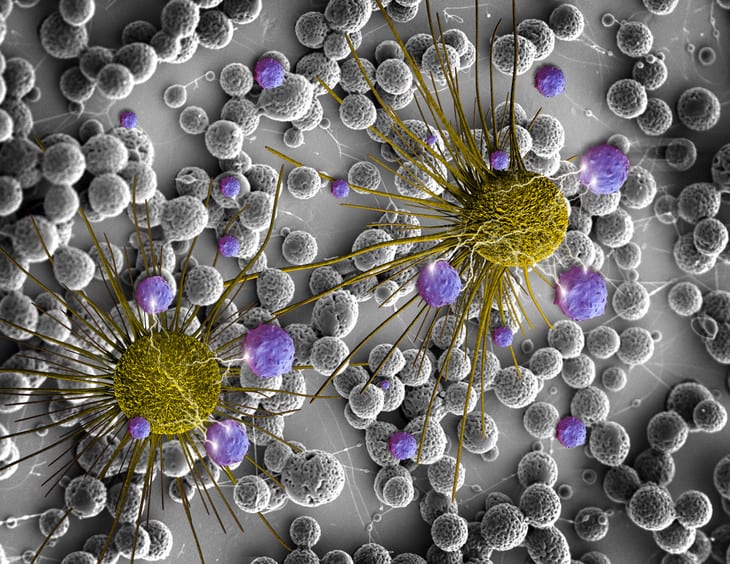

Microcapsules containing a brain cancer drug may simplify treatment and provide more tightly controlled therapy, according to Penn State researchers.
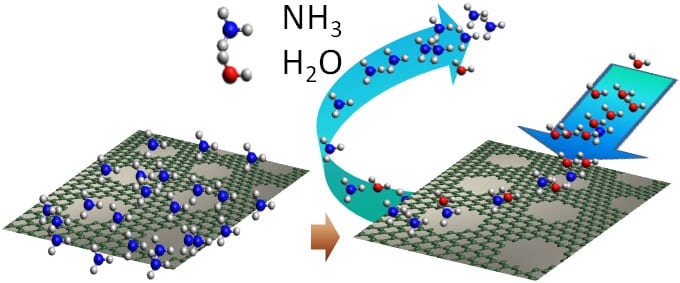
CSIRO scientists have developed new nanosensors capable of detecting very low concentrations of toxic gases such as ammonia and nitrogen dioxide, which can be reset using water molecules or ethanol.

The application of biocompatible polymeric microneedle patches is discussed as a promising and straightforward method of transdermal drug delivery.
Application of nanotechnology shown to substantially reduce necessary dose of anti-HIV antiretroviral efavirenz.
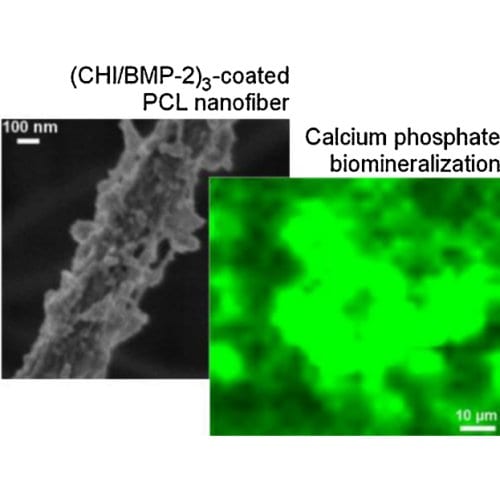
Bioactive implants intended for rapid, robust, and durable bone tissue regeneration are presented.
Scientists have found an efficient way to deliver nanoparticles containing a wide range of biomolecules without using endocytosis, for faster drug delivery.
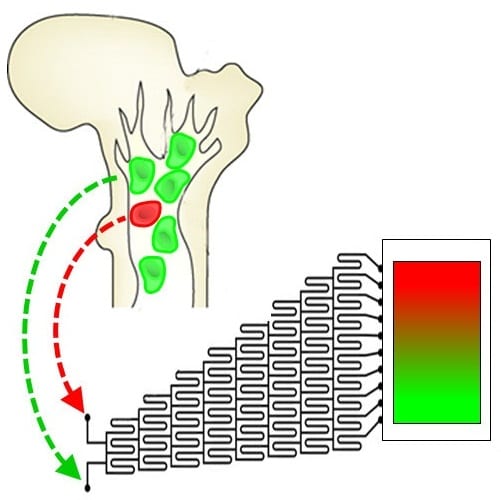
A microfluidic mixing platform creates 3D hydrogels systems with patterns of cell and matrix constituents inspired by native hematopoietic stem cell niches.
Team investigate the ability of the body to accept stretchable electronic devices for long-term use.
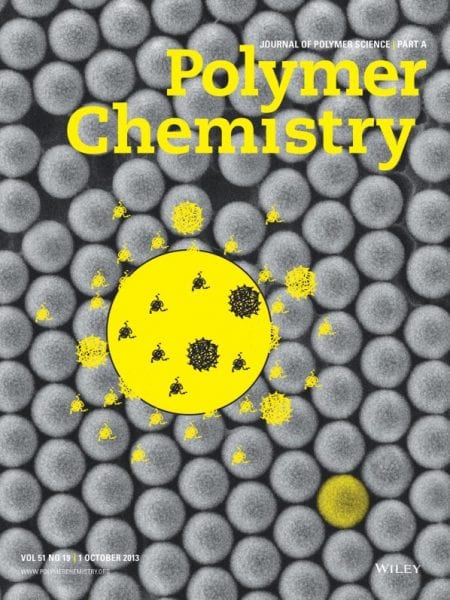
The Journal of Polymer Science Part A: Polymer Chemistry highlights some important research in the latest issue.
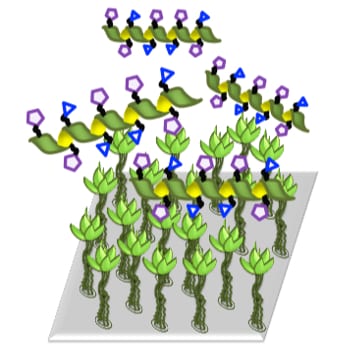
A precisely designed macromolecule that mimics the binding of HIV to immune system cells could be used to stop the virus from physically entering the body.